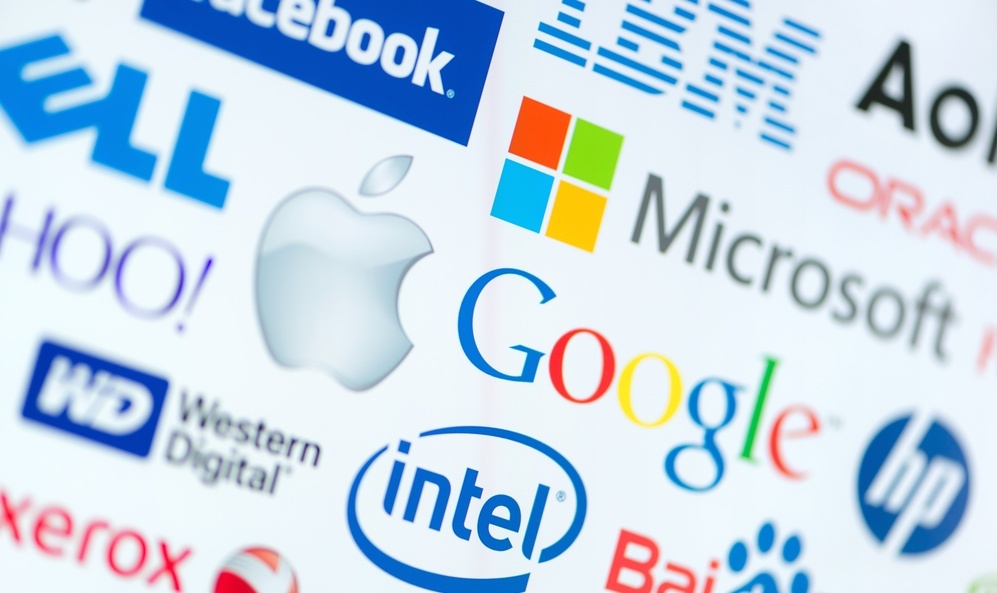Tech giants don’t grow on European soil

EghtesadOnline: At a Spanish telecoms and technology conference earlier this month, Telefonica boss Jose Maria Alvarez-Pallete produced a slide showing the world’s 15 most innovative companies. Not one of them was European. At the same conference, hosted by sector association Ametic, Stephane Richard, chairman of France’s Orange, pointed out that Apple has enough cash to buy four of the biggest European telecom operators – Vodafone, Orange, Telefonica and Deutsche Telekom. The common message: Europe is falling behind in technology.
According to Reuters, tech is a scale game. Giant U.S. innovators like Apple or Facebook have huge investment budgets, and are broad enough in their offerings to permeate every aspect of their customers’ lives. They are not just companies but ecosystems. One giant begets smaller innovative companies, and the big ones buy promising start-ups. It’s not just Silicon Valley either – China’s Alibaba, Tencent and Baidu are big funders as well as innovators in their own right.
It’s not that Europe is completely hopeless. Far from it – software giant SAP, which has a market capitalisation of almost 100 billion euros ($112 billion), was founded in Germany. Chip circuitry-printer maker ASML, at almost 40 billion euros, hails from Holland. UK chip designer ARM Holdings was recently snapped up by Japan’s Softbank for $32 billion.
But creating big new companies of a similar scale to the maker of the iPhone or search giant Google has proved tough. Europe had 47 unicorns – tech companies with a valuation of $1 billion or more – as of June, according to advisory boutique GP Bullhound. Spotify and Skype are two of the better-known ones. But all 47 combined are still worth less than the implied valuations of the world’s three biggest unicorns: transportation companies Uber and Didi Chuxing, and Chinese smartphone maker Xiaomi.
Consumers in Europe may not care too much, since they benefit from using Google, Amazon, Facebook, Airbnb and and WhatsApp just as much as their American friends. But politicians who want to nurture domestic champions care deeply. Having no big European competitors leaves the European Commission open to accusations of sour grapes when it complains about Apple paying insufficient tax in Ireland, or Google using fragments of news stories without paying.
European disunion
One big reason for Europe’s failure to launch is its disjointed market. A relatively wealthy population of more than 500 million makes it bigger than the United States. Yet it is fragmented by a mosaic of national and sub-national regulations, hampering economies of scale. The European Union is trying to fix this with its digital single market strategy, an overhaul of rules governing data protection and e-commerce, among other things. A new set of proposals was released on Sept. 14, covering telecoms regulation and copyright.
That sounds promising, and should encourage more investment in ultra-fast broadband. But it could take years to implement. The EU’s antitrust watchdog has stymied mergers that would have reduced the number of mobile operators in places like Britain and Denmark. Assuming the single digital market materialises, would they approve of mammoth pan-European operators?
There are other obstacles besides regulation or language. One is Europe’s relative lack of attractiveness as a destination for finance. Historically, that has made it both harder for start-ups to raise capital, and for companies to grow beyond the size at which they become natural quarries for U.S. predators. Venture capital financing volumes in Europe are an eighth of the size of those in the United States, according to think tank New Financial.
Tech finds a way
Europe has some bright spots. Countries like Spain are deploying swathes of high-speed broadband that can field an exponential increase in data. A new generation of highly-educated entrepreneurs has caught the eye of Google, which opened three European campuses in Madrid, Warsaw and London. Some European countries offer cheaper labour than San Francisco’s Silicon Valley. U.S. firms Amazon, Apple and Google all pay the median worker with three years experience more than $85,000, while not one European peer pays over $50,000, according to compensation benchmark provider Emolument.com. While Silicon Valley took decades to create a Google, Asia has shown that youth needn’t be an impediment.
But one worry is that Europe’s next tech colossus could be stunted in its infancy. Britain’s vote to leave the EU could cut off a country that provides one-third of Europe’s venture capital investment, according to New Financial. Shares in the one big European tech listing in recent years, start-up incubator platform Rocket Internet, are down more than a half since its 2014 debut. And the speed with which each new unicorn is being created in Europe has slowed this year to an interval of more than two months on average from every 1.7 months in 2015, according to PitchBook, a database of venture capital and merger and acquisition deals.
With Brexit negotiations in train, London is now a less obvious choice for budding entrepreneurs looking for a European equivalent of Silicon Valley. Berlin might rise to the fore. But then Stockholm, or Madrid, or Warsaw may have other ideas. Almost every European country touts at least one tech hub. Competition is often a sign of a healthy market economy. But the bittiness of Europe’s tech scene makes the European answer to Google look far off.


